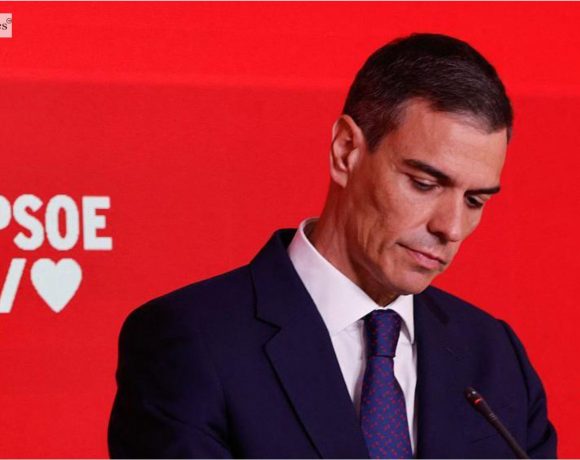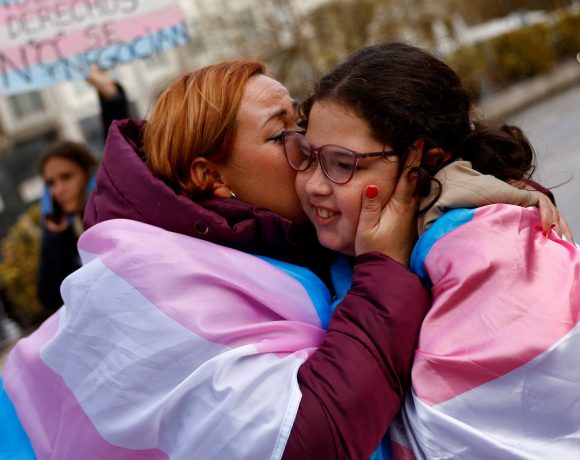
Spanish Prime Minister Pedro Sánchez has publicly apologised after a major corruption scandal forced the resignation of his close Socialist Party ally, Santos Cerdán. Cerdán, the party’s secretary, stepped down ahead of his testimony before the Supreme Court, where he is accused of participating in a kickback scheme involving the improper awarding of public contracts. Though Sánchez insists he had no knowledge of the affair, he admitted he was wrong to trust Cerdán and vowed to restructure his party leadership, rejecting calls for early elections.
Opposition leader Alberto Núñez Feijóo of the Popular Party has seized on the controversy, demanding Sánchez’s resignation and accusing his government of being defined by corruption. A recent rally in Madrid drew tens of thousands under the slogan “Mafia or Democracy,” further pressuring Sánchez’s fragile minority coalition. Deputy Prime Minister Yolanda Díaz, from coalition partner Sumar, has also requested further explanation from the prime minister.
While Sánchez remains personally unimplicated, the scandal has shaken his administration. Investigations revealed that Cerdán allegedly worked with former transport minister José Luis Ábalos and adviser Koldo García to arrange €620,000 in illicit payments. The Civil Guard’s report, supported by audio recordings, has led to all three being called to testify. Sánchez, facing increasing scrutiny, pledged on social media to continue fighting for “clean politics and democratic renewal.”
Pic Courtesy: google/ images are subject to copyright



